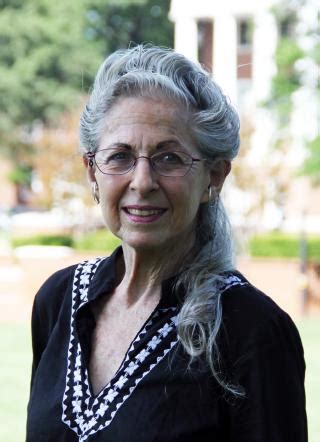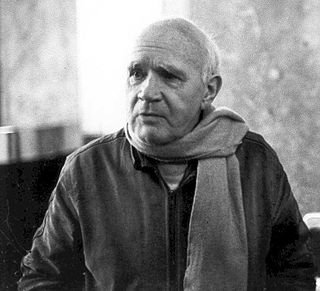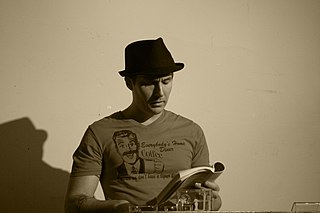A Quote by Giannina Braschi
Poetry must find ways of breaking distance.... all languages are dialects that are made to break new grounds.
Related Quotes
Italian is a very different poetic situation and there are these hard and fast rhythmic periods, settenari, ottonari of seven and eight syllables. These are fundamental to the way people speak and write and breaking them is more radical in Italian than when we break a line. I'm sure there are Italian poets who want to write poetry as prose and break these Petrarchan rules. And breaking them is fun and a valid thing to do. But I'm more interested in trying to write poetry that absorbs tradition and uses it in new ways, and doesn't throw it out.
The contribution of West African languages to Ebonics is absolutely infinitesimal. What it actually is is a very interesting hybrid of regional dialects of Great Britain that slaves in America were exposed to because they often worked alongside the indentured servants who spoke those dialects that we often learn about in school.
The perils, rewards, punishments, and fulfillments of an adventure must be real, or the adventure is only a shifting and heartless nightmare. If I bet I must be made to pay, or there is no poetry in betting. If I challenge I must be made to fight, or there is no poetry in challenging. If I vow to be faithful I must be cursed when I am unfaithful, or there is no fun vowing.
Always, in epochs when the languages and dialects of a culture have become outstripped by development of a practical sort, these languages become repetitive, formalised -- and ridiculous. Phrases, words, associations of sentences spin themselves out automatically, but have no effect: they have lost their power, their energy.
I submerged myself in all the information that I could find about Idi Amin. I mean, before I left Los Angeles, I was studying Kiswahili. I was working on the dialect. I was studying every documentary and tape of him that I could find - not just visual, but also audiocassettes, even in other languages when he was speaking in other dialects.
The advocates of retaliatory wars will continue to assume a much simpler reality with their hoary oppositions: Religious and secular, backward and enlightened, free and unfree. But if we are to admit how deeply and irrevocably interconnected our world is, then we must find new ways to break the cycle of counter-productive violence.
Memoir is a unique opportunity to revisit yourself. I don't mean by memory. I mean in the revision process. You don't just write a chapter and that's it. You must constantly return to it. You must dote on it. And even if it's saying something ugly about who you are, you have to find the poetry in it. You have to find the poetry in yourself.
...by the time we understand the pattern we are in, the definition we are making for ourselves, it's too late to break out of the box. We can only live in terms of the definition, like the prisoner in the cage in which he cannot lie or stand or sit, hung up in justice to be viewed by the populace. Yet the definition we have made of ourselves is ourselves. To break out of it, we must make a new self. But how can the self make a new self when the selfness which it is, is the only substance from which the new self can be made?
There is a crucial distinction to be made between innovation and originality. The second, unlike the first, can never break with what preceded it: to be original, an artist must also belong to the tradition from which he departs. To put it another way, he must violate the expectations of his audience, but he must also, in countless ways, uphold and endorse them.







































